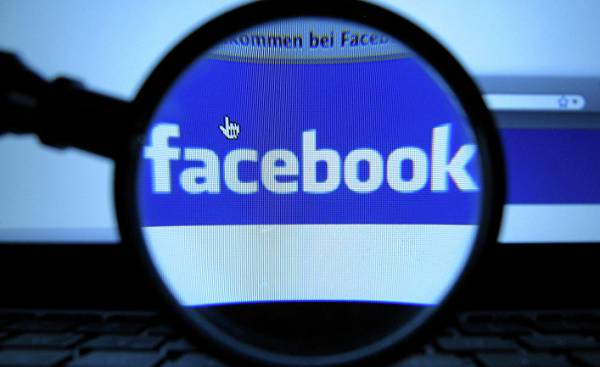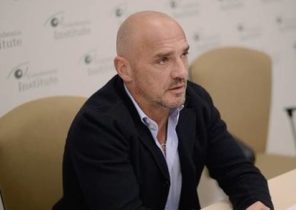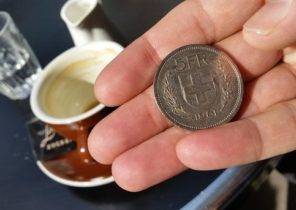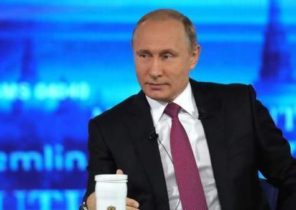
This month was one of the most important intelligence documents about Russian intervention in elections in the United States. But the source of this document was not the national security Agency or the house of representatives Committee on intelligence. The document was published by the company Facebook.
Report Facebook about “information operations” was the first for the company’s public confirmation of the fact that political forces influence public opinion using social networks as a platform. According to representatives of Facebook, the company intends to deal with these information operations and has already taken some positive steps. Before the elections in France that took place last month, the company has removed about 30 of thousands of fake accounts. And in anticipation of the upcoming elections in the UK they deleted a few thousand fake accounts.
However, more importantly the report shows that although we all talk about “fake news”, you need not forget about the algorithms and fake accounts that spread false information.
In the framework of detailed investigation of possible foreign intervention in U.S. elections, the company used Facebook “a multifunctional team of engineers, analysts and scientists.” They found a fake group, fake “likes” and comments, as well as automated placement of positions in the network, organized by the foreign intruders. As the authors of the report, the results of their investigation “does not contradict” the conclusions outlined in the report of the Director of National intelligence. The document was published in January. It blame for a massive campaign of influence on the Internet ahead of elections impose on Russia.
In fact, the results of the study confirmed what scientists suspected for several years: for the strategic dissemination of political propaganda and misrepresentation of the electorate has been used many fake accounts. These accounts are “lured” ordinary users in political groups “astroturfers” (users, money creates public opinion or contributing ideas — approx. TRANS.) that are disguised as legitimate social movements. Unfortunately, the management of the company Facebook refuses to cooperate with scientists and share information, so it is difficult to determine how many voters have been exposed to and who was behind it.
To study the effect of fake news and algorithms in public life is incredibly difficult. The project at Oxford University we were able to demonstrate how a similar campaign of disinformation is working in Twitter. We were also able to compare trends in different countries. During the recent elections in France, we found that people interested in French politics, had planted false news stories and news stories, the authors were professional journalists, in the ratio one to two. During the presidential elections in Germany, which took place this year and is controversial, German users published one news story with false information every four credible story. But when we looked back and analyzed the content in the state of Michigan in anticipation of the 2016 election, we found that fake news and news, and deserving of trust, were published in 1:1 ratio.
From the experts Facebook is, of course, there are no such problems with data access. The company has metadata that allows you to determine exactly which accounts were created, where they worked and what the user “engaged” in the network during the US elections. Their experts probably could get information, hardly available to the intelligence agencies.
The company’s specialists argue that the share of fake accounts in online transactions, concerning political and public life in the United States, a small. But even with the relatively small scale of these operations if they are grouped strategically, can have a certain effect.
Prevailed whether such activity in swing States? Was conducted whether these actions during the months of Republican primaries? Were they quick? Or action to spread fake news and fake accounts increased dramatically three days before the election?
If the members of the electoral headquarters of the trump and Russia was a conspiracy, professionals Facebook could determine this. In many cases, coordinated mass propaganda campaigns are just one of the many ways of intervention in the elections. If the company Facebook has data about it, she needs to share them. The house Committee on intelligence in the course of its investigation, must refer to Facebook with a request to testify.
The outcome of the vote in the United States are already defined, but the world will still be an important election. Company Facebook needs to tell us what she knows, and to demonstrate that it can prevent interference in the electoral democratic process.
Philip Howard is a Professor and teaches a course on Internet studies at the Oxford Internet Institute and Balliol College, Oxford University. Robert Gorwa — researcher, member of the Project for the study of computer advocacy at the University of Oxford.







